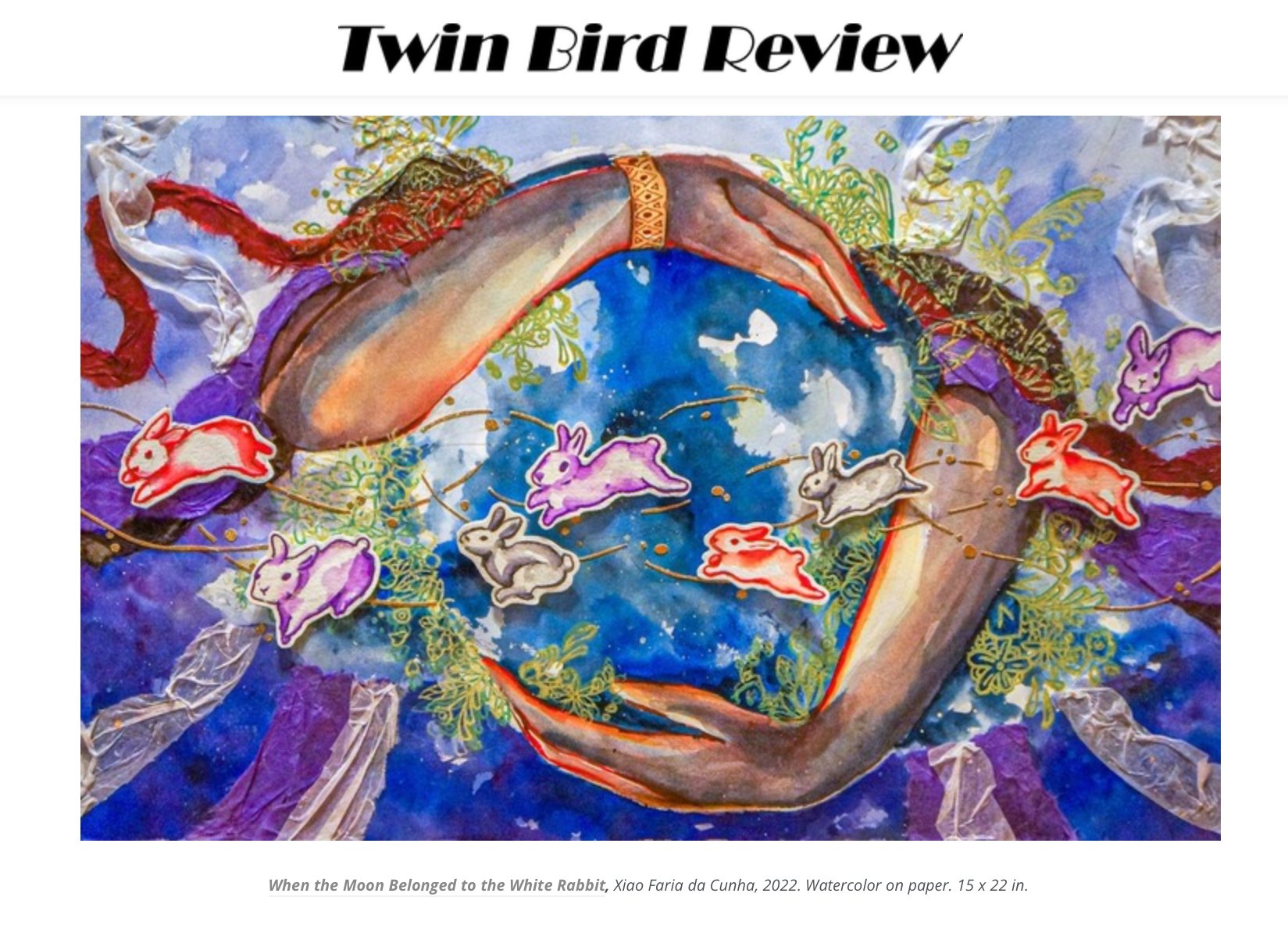Last year was a series of rejections as I (apparently) foolishly entered contests and paid journal submission fees without a chance of success. I do realize that competition is fierce and that journals need resources for printing fees and for readers and guest editors, but what I didn’t know is how many seemingly respectable journals run contests to procure funds from new and lesser-known writers, only to solicit and publish the famous. Are all journals like this, no, but enough of them are—and these journals are known by the better connected—that publishing seems more than ever to be a system of predatory gatekeeping than an artistic community.
For example, look at the Narrative editors who pocketed submission fees but decided not to award winners and the prize $2,500 prize offering. I didn’t submit to this contest, but I had planned to this publication. Bless my endless procrastination for saving me some money.
Perhaps if I had known the co-founder tried selling its craft book for $225, I would have been more leery of the Narrative, but I trusted its legitimacy. Why should I not when Duotrope and other literary submission sites recommend it; it is well known enough for its own Wikipedia page? I wish I had read this article in Electronic Literature, https://electricliterature.com/narrative-magazine-is-selling-a-fiction-craft-book-for-225/
Narrative is so shady it even was part of a ProPublica investigation into nonprofits with the cofounders earning an income of $144,000 and $150,000. People deserve to be paid for their labor, but is holding contests but not awarding the prize money labor? https://projects.propublica.org/nonprofits/organizations/30542711/202422979349301827/full
Again, this is all well known to the inner circles of the literary community (or communities), but outsiders are continually fleeced. Perhaps that is the most useful benefit of an MFA from a prestigious program: you are invited to sit at the table with the people in the know. While I wasn’t cheated by Narrative, I have suspicions about Palette Poetry and Frontier (especially after a post on social media about the latter).
Along with actual scams, if journals need submission fees to survive because they cannot exist on readership, then the whole system seems a pyramid scheme since few people read those small magazines. Paying these fees will not lead to greater success then, although a list of publications often seems necessary for any credibility within the community. So rather than a pay-to-play publishing game, it would seem better to focus on a particular publication that you admire—the work it publishes and the editors’ ethics and efforts to bring attention to new writers.
First and second book submissions are likewise filled with predatory publishers, but publishing a first book by a seemingly reputable publisher is the dream. Now I feel foolish for submitting to Tupelo Press, which receives more money in submission fees than in book sales despite that it receives grant money. Here is an interesting article if you are interested: https://poetrybulletin.substack.com/p/special-report-reading-periods-for.
The last few years have been hard ones. I have given up thinking I will break out of obscurity as a poet or writer, although I certainly will cheer on those who do. I will continue trying to share prompts and any information I’ve collected to help others succeed. The world is better filled with poetry and stories and art of all kinds.
Ultimately, I will continue writing because it gives me a way to make sense of my life and the world around me, to appreciate the beauty that exists and perhaps sustain some small piece of it, and to create something that is in a conversation with other writers even if no one else hears my contribution. I remind myself that some of the most powerful voices in literature are people who are still unknown to the wider literary community, but their words comforted me in times of desolation. I believe my life is richer for having the opportunity to read or listen to them.
Bonus prompt: write a poem or story for you, the one you want to read and share.
I hope you continue writing and that you enjoy the process. I wish you luck and happiness. Please share your successes with me. I want to celebrate with you.







